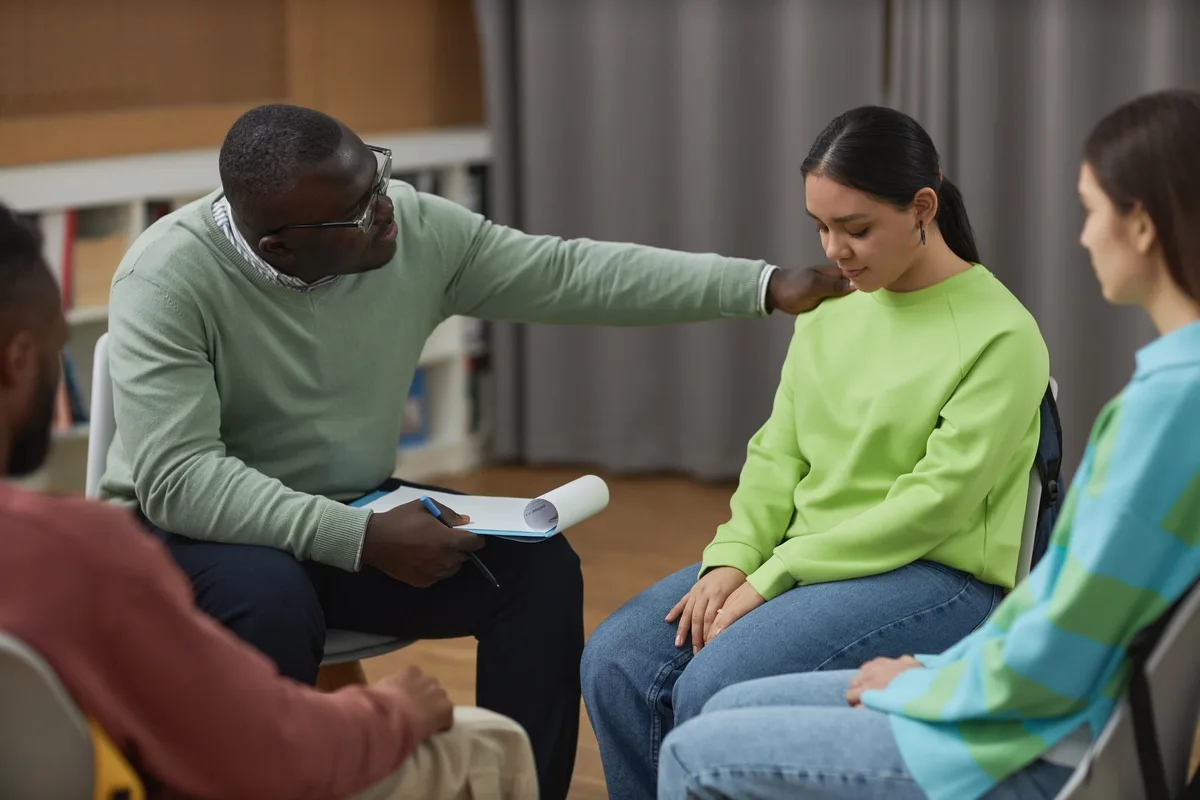24/7 Helpline:
(866) 899-111424/7 Helpline:
(866) 899-1114
Learn more about PTSD Treatment centers in Waverly
PTSD Treatment in Other Cities

Other Insurance Options

Ceridian

Magellan

Lucent

Humana

CareSource

Choice Care Network

Optum

Private insurance

BlueShield

BHS | Behavioral Health Systems

Optima

Absolute Total Care

American Behavioral

PHCS Network

Meritain

Sliding scale payment assistance

Excellus

Health Choice

Evernorth

State Farm










